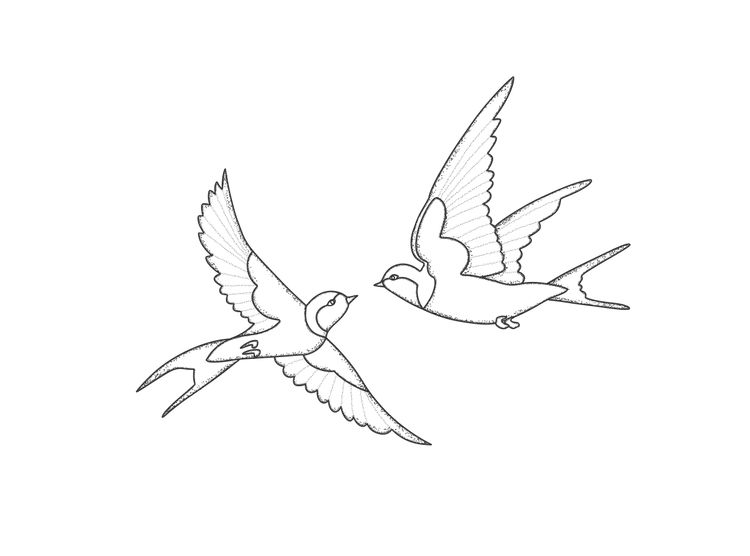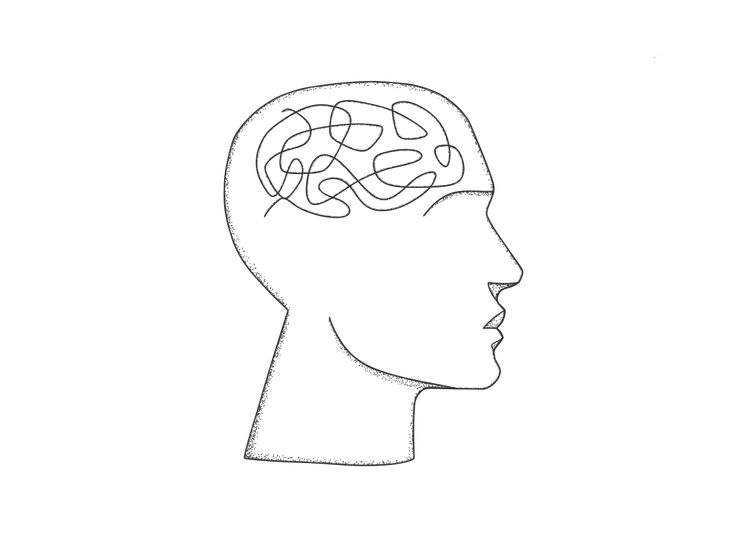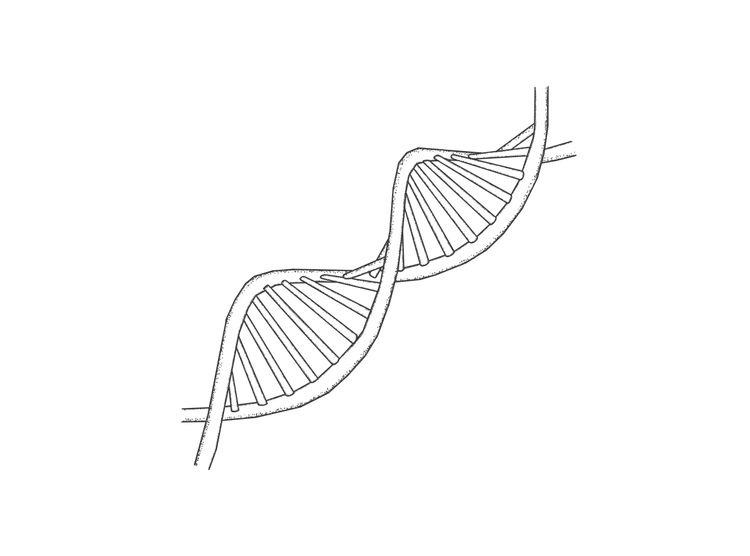Harm

We cause harm when we act out of anger or frustration, or when we pass our fear on to others. We cause harm when we speak without understanding, and when we do not listen or acknowledge. We cause harm when we think ill of others, for our thoughts are the seeds of our words and our actions.
We cause harm when we forget ourselves—how we are made and what causes us pain and suffering. We cause harm when we neglect to take care of the anger and fear in us, or to look after our own needs. We cause harm when we are not present to ourselves or to others—to what we are feeling, to what they are saying, to what they are leaving unsaid.
We cause harm when we forget that we depend on each other—for support, for love, for compassion. We cause harm when we forget that we belong to nature, that the earth sustains us.
When we cause harm to others, we feed their own capacity for harm—the fear in them, the anxiety, the anger, the violence inside. When we cause harm to others, we always cause harm to ourselves.
I have caused plenty of harm in my life. At school, I bullied other kids. As a journalist, I was quick to judge and condemn. As a corporate executive, I fought others for power and money. As a father and a husband, I have been cranky, impatient, angry, intoxicated, absent. I have caused harm to the environment. I have eaten a lot of animals. I think ill of others all the fucking time!
"First do no harm," trainee doctors are taught. Really? I don't understand how it is possible to live without causing harm to someone, or something. I have bad days. I drive like a dick. I judge others. I lose my shit.
How about "today, try to do a bit less harm"? That seems more approachable. I can and do try to live by that. I am trying to eat less meat. I am trying to take better care of my anger and pain. I am trying to do better at assuming good intent in everyone I meet. I am trying to listen better, and to acknowledge the pain and suffering I see in others. I am trying.
"They're harmless," we used to say about rival executives who we thought were unimportant and not worth worrying about. I guess it was the ones who hurt others who commanded our respect.
"The Sanskrit word ahimsa, usually translated as "nonviolence," literally means "non-harming" or "harmlessness,"" writes Zen Master Thich Nhat Hanh in Love in Action.
To practice ahimsa, first of all we have to practice it within ourselves. In each of us, there is a certain amount of violence, and a certain amount of nonviolence. Depending on our state of being, our response to things will be more or less nonviolent. Even if we take pride in being vegetarian, for example, we have to acknowledge that the water in which we boil our vegetables contains many microorganisms. We cannot be completely nonviolent, but by being vegetarian, we are going in the direction of nonviolence.
Even soldiers can practice some nonviolence, he writes.
Some army generals, for example, conduct their operations in ways that avoid killing innocent people; this is a kind of nonviolence. To help soldiers move in the nonviolent direction, we have to be in touch with them. If we divide reality into two camps—the violent and the nonviolent—and stand in one camp while attacking the other, the world will never have peace. We will always blame and condemn those who we feel are responsible for wars and social injustice, without recognizing the degree of violence in ourselves.
Most Americans think of Rosa Parks as a demur, pleasant-enough seamstress who backed into history by being too tired to get out of her seat on a bus one day. In reality she had been trained in nonviolence spirit and tactics at a famous institution, Highlander Folk School. It seems to be a difficult concept for most of us that peace is a skill that can be learned. We know war can be learned, but we seem to think that one becomes a peacemaker by a mere change of heart.
- Mahatma Gandhi.
When I was 38, I spent a week with my Dad in Tasmania, where he lived. He had cancer and was close to death. He talked about his father, a stern schools inspector who showed him no love when he was a child, and who sent him to the same brutal English boarding schools my Dad sent me to. He also talked about his grandfather, who gave his father away to be brought up by his sister, in the Forest of Dean I think. No one had shown my Dad how to be a father, or his father, or his father too, I am sure. No one has shown me how to be a father either. Like them, I have tried.
I will try.
Each week I explore a life metaphor that has touched me in my coaching. Subscribe to get my newsletter every Sunday morning. You can also follow me on Medium, or on LinkedIn. Feel free to forward this to a friend, colleague, or loved one, or anyone you think might benefit from reading it.





